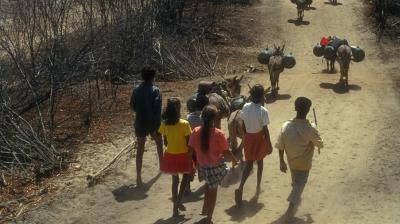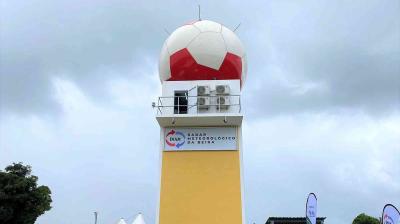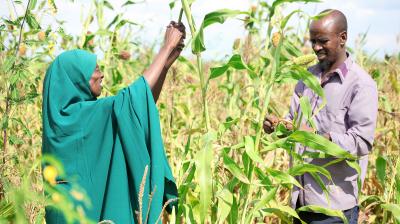Agricultural Services
Through its Standing Committee on Services for Agriculture, WMO assists its Members on agricultural meteorology by providing meteorological, climatological and related services to the agricultural community to help develop sustainable and economically viable agricultural systems.
- WMO’s standard-setting in agricultural meteorology revolves around reviewing and updating: User needs and requirements on all aspects of agrometeorological services and practices across the agricultural value chain (farm-transport-milling-export/trading) and the various agricultural sub-sectors (crops, livestock, forestry, rangelands and fisheries sectors);
- Standards and guidance on all aspects of agrometeorological services and practices across the agricultural value-chain and sub-sectors related to technical commissions, regional associations, Research Board, and Global Framework for Climate Services (GFCS); and
- Existing standards and guidance material on drought management in cooperation with other WMO activities and partners.
In the area of technical support to Members, WMO provides:
- Technical assistance to the various Global Framework for Climate Services processes and projects on food production sustainability, and agriculture and food security including the assessment of atmospheric pollution and deposition impact on food production, together with Food and Agriculture Organization (FAO), and World Food Programme; and
- Capacity building, technical advice and tools to enable agricultural users to adequately understand and use weather and climate information, such as historical variability and trends, sub-seasonal and seasonal climate forecasts and climate change projections to address the impacts of climatic variability and change on agriculture.
WMO also works to nurture a collaborative environment to advance global efforts around agricultural meteorology by providing:
- Effective communication methods and channels for acquiring and disseminating agrometeorological information,
- Advice and warnings to agricultural subsectors,
- Platform for feedback, including through the further development of the World Agrometeorological Information Service; and
- Scientific and technical advice to the WMO/GWP Integrated Drought Management Programme (IDMP) and to United Nations related drought meetings, such as the United Nations Convention to Combat Desertification (UNCCD).
Standing Committee on Services for Agriculture (SC-AGR)











